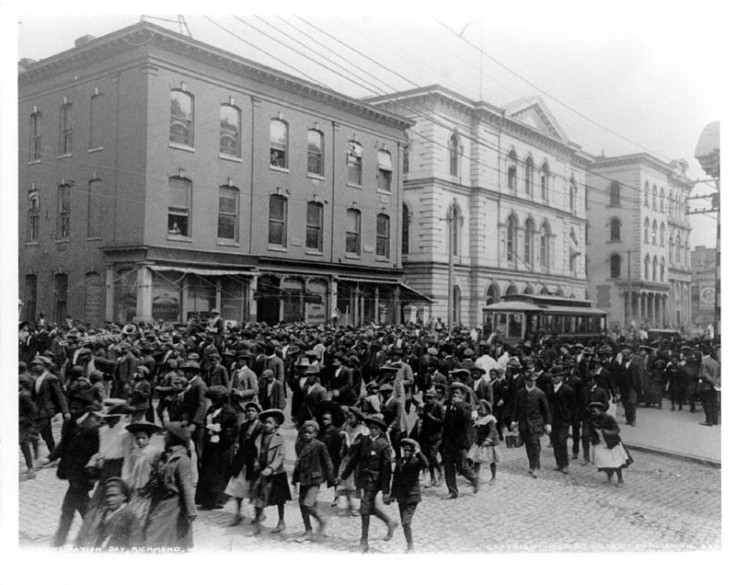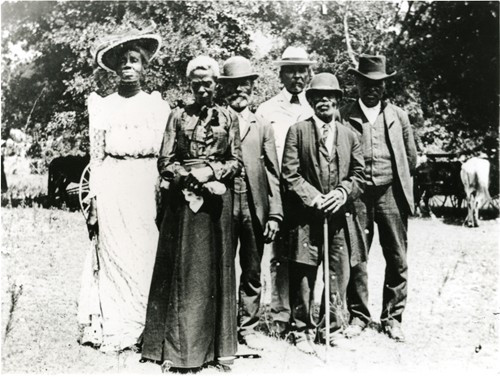Juneteenth 2014: History Behind the Day Slavery was Abolished in the US

Juneteenth, also known as Juneteenth Independence Day, Freedom Day or Emancipation Day, will be celebrated on Thursday [19 June] as the US commemorates the emancipation of African-American citizens throughout the country.
A portmanteau of June and nineteenth, Juneteenth marks the abolition of slavery in the state of Texas on 19 June 1865. It is recognised as a state holiday or a day of observance in the majority of US states.
What is the history of Juneteenth?
During the American Civil War, President Abraham Lincoln issued the Emancipation Proclamation on 22 September 1862, to be introduced at the beginning of January 1863. It proclaimed the freedom of slaves in the 10 states still in rebellion, freeing around 3 million of the 4 million slaves in captivity at the time.
Texas, even after military hostilities had ended, did not comply with the proclamation.
On 18 June 1865, Union General Gordon Granger, along with 2,000 federal troops, arrived in Galveston, Texas, to take possession of the state and enforce the emancipation of the men and women still in captivity. The announcement of "General Order No 3", read by Grander, was made on 19 June, now known as Juneteenth.

It read: "The people of Texas are informed that, in accordance with a proclamation from the Executive of the United States, all slaves are free."
Celebrations
Juneteenth celebrations began the next year, as freed men and women gathered their funds to buy land specifically for their communities and large gatherings.
However, celebrations ceased in the early 20<sup>th century as the Depression forced many former slaves to leave farm work and move into the cities to find employment, where employers were less willing to grant leave to celebrate the date.
Similarly, there was an increase in popularity for African-American citizens to celebrate 4 July as Independence Day. The Civil Rights movement of the 1950s and 1960s focused on African-American youth in the struggle for racial equality.
After the Poor People's Campaign of 1968, led by Martin Luther King Jr until his assassination, many attendees began celebrating Juneteenth. From the 1980s, the day began to gather popularity
National holiday
The day was made a state holiday in Texas from 1980, although the move was opposed by African-American representative Clay Smothers, who derided the observance as merely "ceremoniously grinning and bursting watermelons on the Capitol grounds".
The official celebrations has spread to other states and in 1996, the first legislation to recognise "Juneteenth Independence Day" was introduced in the House of Representatives.
National Juneteenth Observance Foundation continues to campaign for the US to recognise the day as a National Holiday Observance.
© Copyright IBTimes 2025. All rights reserved.



















